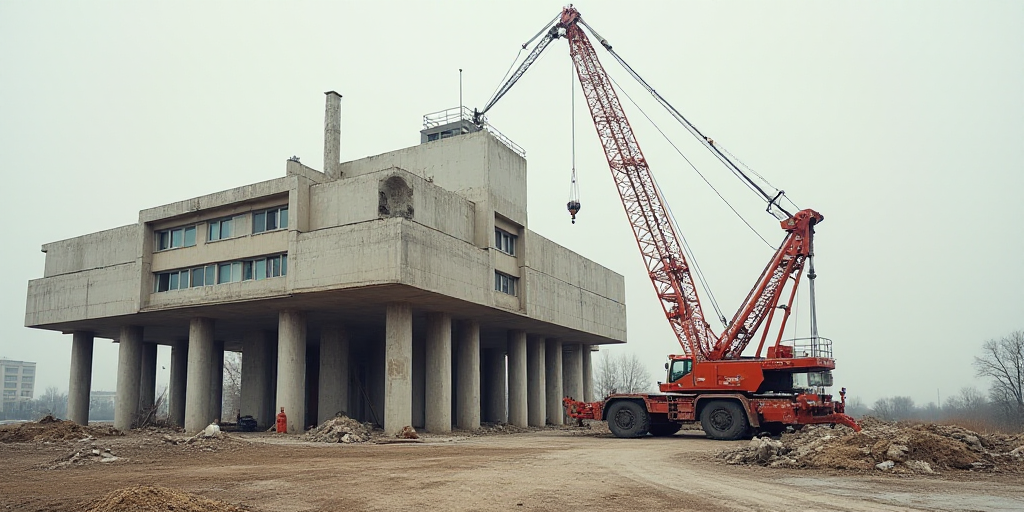Background on CMIC and its Relevance
The Cámara Mexicana de la Industria de la Construcción (CMIC) is a prominent organization representing the construction industry in Mexico. As the voice of local and international companies, CMIC plays a crucial role in shaping policies and fostering growth within the construction sector. Gustavo Vargas Constantini, the president of CMIC Puebla, is a key figure advocating for increased participation of local companies in public works projects.
Current Scenario and Future Prospects
Currently, the construction sector’s involvement in public works projects in Puebla stands at approximately 30%. However, CMIC anticipates a significant rise in this participation due to the growing openness of state authorities towards considering local firms. These companies possess both technical and administrative capabilities, making them strong contenders for securing public works contracts.
State Government’s Role
Gustavo Vargas Constantini highlighted that state government licitations are now underway, prompting CMIC’s members to participate either individually or in groups to secure significant projects. Despite the fierce competition from foreign companies, local firms have demonstrated their capabilities by participating in major national projects like the Tren Maya and Acapulco’s reconstruction, as well as contributing to the Cablebús project in Mexico City.
Importance of Increased Public Investment
Vargas Constantini emphasized the need for state authorities to allocate more resources towards infrastructure development, ideally dedicating 8% of their budget to this sector. This increased investment would facilitate greater participation from formal construction companies, who have expressed their commitment to building more infrastructure, particularly roads, which have been neglected in recent years.
Puebla’s Unique Challenges and Opportunities
Puebla’s rapid population growth and expansion into peripheral areas present unique challenges for urban planning and infrastructure development. Vargas Constantini stressed the importance of metropolitan projects addressing mobility issues, as citizens commute between neighboring towns for work or education.
Balancing Administrative Capacity with Specialization
While administrative capabilities are essential, Vargas Constantini underscored the need for specialization to create and develop impactful projects. He also highlighted the importance of improving road conditions in Puebla, particularly through the pavement of more streets with high-quality concrete.
Key Questions and Answers
- What is CMIC and why is it relevant? CMIC is the Mexican Chamber of the Construction Industry, representing both local and international construction companies. Its relevance stems from its role in shaping industry policies and advocating for growth.
- What is the current participation of the construction sector in Puebla’s public works? The construction sector currently participates in approximately 30% of Puebla’s public works projects.
- Why is CMIC anticipating an increase in participation? State authorities are becoming more open to considering local firms for public works contracts, given their technical and administrative capabilities.
- What major projects have Puebla’s local firms participated in? Local companies have contributed to significant national projects, including the Tren Maya, Acapulco’s reconstruction, and the Cablebús project in Mexico City.
- Why is increased public investment in infrastructure important? Greater investment in infrastructure will facilitate more participation from formal construction companies, leading to improved roads and urban development.
- What challenges does Puebla face regarding infrastructure development? Rapid population growth and urban sprawl present challenges for planning and developing adequate infrastructure, particularly in terms of mobility.
- What is the balance between administrative capacity and specialization in Puebla’s construction sector? While administrative capabilities are crucial, specialization is equally important for creating impactful projects and improving road conditions.






